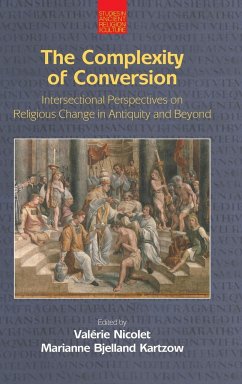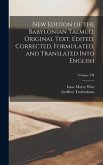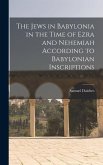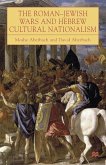Just as it is today, conversion was also a contested religious, political, and personal phenomenon in the ancient world. Using Jewish and Christian primary sources, this volume discusses what this change could have meant for various individuals or groups of people in the ancient world and argues that conversion can best be understood through an intersectional perspective, an approach that includes gender, class, ethnicity, and age, as well as political and economic elements in its analysis of conversion. A discussion of conversion benefits from taking into account conversion's history of reception, and this volume examines case studies from the reception history, alongside contemporary examples of contested conversions (for example, from Christianity to Islam or vice versa). This book initiates a dialogue between ancient sources and present concepts or practices, and considers how sacred texts and their receptions have influenced the way we think about conversion as religious change.
Hinweis: Dieser Artikel kann nur an eine deutsche Lieferadresse ausgeliefert werden.
Hinweis: Dieser Artikel kann nur an eine deutsche Lieferadresse ausgeliefert werden.








